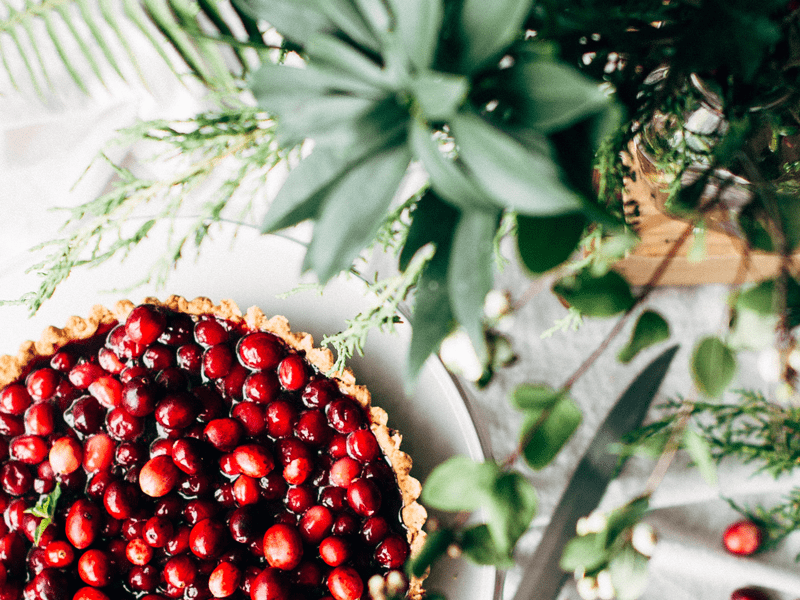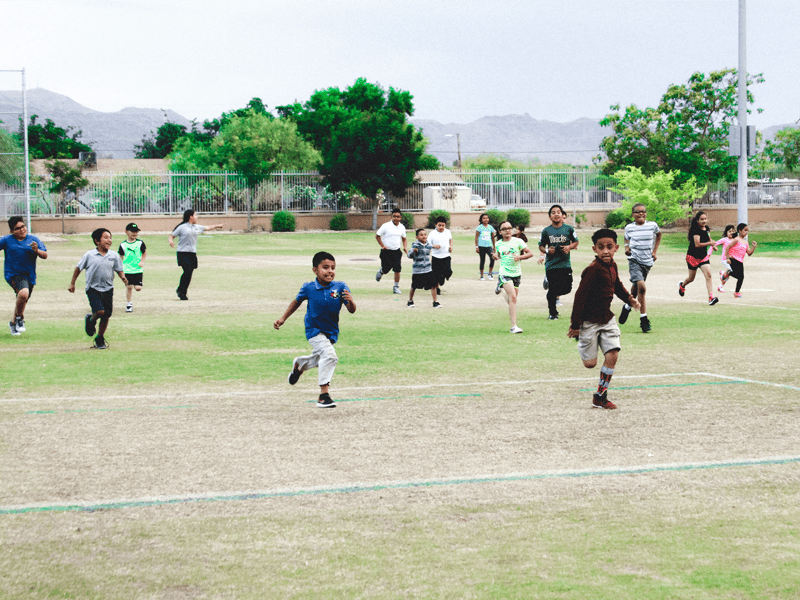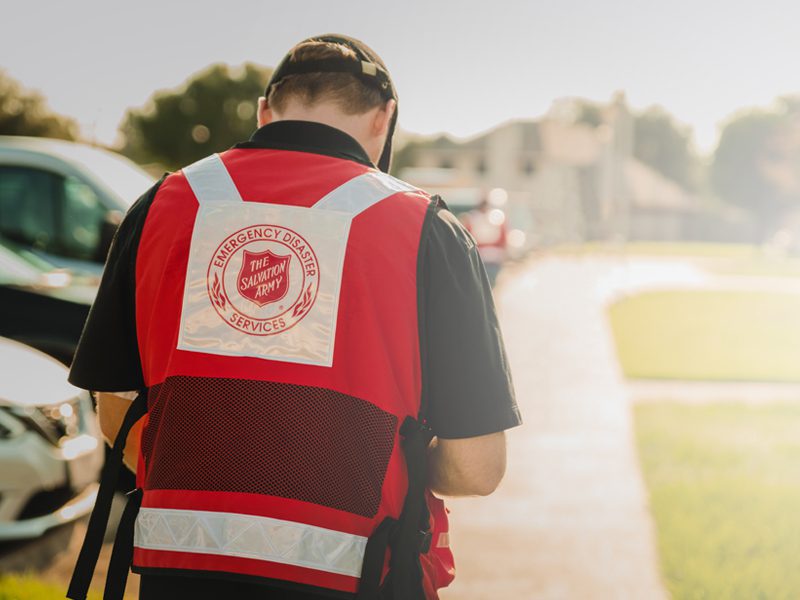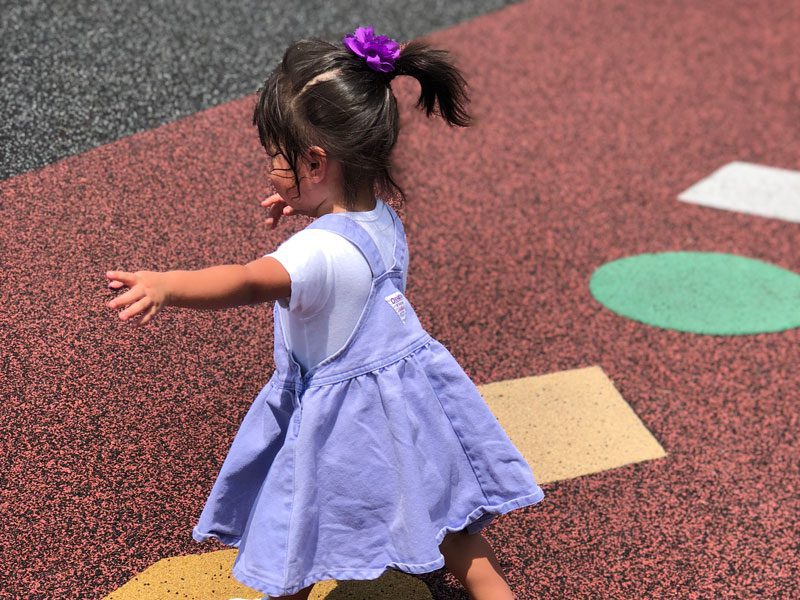Our traditions connect us and cause us to remember
Every year on Christmas Eve I am inevitably up and about as the clock approaches midnight. The television offerings of nostalgic movies and live events usually draw our family into the living room. Additionally, I am an absolutely reliable procrastinator when it comes to gift-wrapping. I find myself each year obligated to stay up later than my wife, Martha. In the wee hours of Christmas morning, her gifts can finally be properly draped in my unique, quite distinguishable style. She accepts the wrapping as part of the gift, thankfully.
However, at the stroke of midnight (or the moment that stroke reaches my awareness) I enter into a deeply private experience of family and faith. It is not an experience I share with Martha, not a part of our 41 years of shared Christmas observance. Rather, it hearkens back to my own childhood and family celebrations of Christmas.
Usually, it was just the four of us—Mom, Dad, my sister Marge and me. The birthday party commenced at exactly midnight with the singing of “Happy Birthday, dear Jesus.” The reading of the Christmas story from Luke (my job) and Dad’s prayer were followed by birthday cake and ice cream. This is how I ushered in Christmas day for 25 years. Now, each year I sing quietly and alone. As I sing, the most intimate and precious feelings for my family members are awakened and my faith in a living Jesus is affirmed. So a family tradition lives on in a different way yet the same.
Reflecting on the subject of “The future of tradition” is potentially as broad as life itself. Traditions surround us and impact us on every front. Here, then, are some simple thoughts on two key, mutually defining aspects of tradition. First, the traditions we embrace connect us to family, faith, community, nation, friends or even to our private selves. Secondly, they cause us to remember in ways that are life-giving.
Although it is true that we live in a hyper-connected world, most of our connections are overwhelmingly impersonal. Our world has tumultuously changed in my lifetime but person-to-person communication has given way to station-to-station communication. We talk to machines, not people. We no longer ask questions but choose from endless menus of preordained options. I believe that by observing traditions we often restore the personal, human touch to our lives.
On the macro level, let me mention one of the most public and sustained traditions we have in our country. We stand at the American flag’s presentation and the singing of the National Anthem because we are connected with each other as Americans. All differences are set aside for a brief ceremonial moment. I notice the voices around me, activity comes to a halt and I experience others in a very unique and different way. Of course, this tradition has recently and in the past been targeted as an object of protest—precisely because of the ideal for which it stands. However, it remains a powerful, almost singular way in our lives of affirming our connections to each other as Americans.
On the micro level, personal traditions produce the same results. I read of a woman who spent most of her time at home on the internet. She was active every day in online business transactions. Yet she took the time on the first day of every month to travel downtown and pay her electric bill in person by writing a check. She said it was a comforting and stabilizing experience for her that kept her connected to her past, to her hometown and to real people.
Think of the family traditions that matter to you. Are they meaningful because you share them with others and experience a special connection? My friend John loves to abruptly say, “We have to keep up the tradition of…” We’re often surprised at what fills in the blank. However, he always wants us to do something again that was especially fun or meaningful the first time around. It may be a small or innocuous thing, but he wants to take what connects us and establish a tradition. Why? To keep our connection with each other strong.
“Tradition will always be integral to who we are. Its impact on us will not wane because it is simply part of our grounding in human existence.”
Traditions take us to places where the intentional act of remembering touches the most profound parts of our humanity. Observing traditions can evoke every emotion we possess—joy, pain, gratitude, regret, anticipation, and so on. A visit to the family homestead, the old high school, a favorite vacation spot—each place reconnecting us by memories to what is significant to us.
What fun to watch a child place a tooth under her pillow or to help him write a note to lay alongside the cookies made for Santa. How sobering to visit the Pearl Harbor Memorial, the Holocaust Museum or a family gravesite. I am thankful for the civility of a simple handshake and the profundity of a flag lowered to half mast. These traditional acts help me remember to be open to new people and to be thankful for lives passed on, respectively.
What do I see as the future of tradition? Simply put, it is secure—as certain and interpenetrating as the rising of the sun. Tradition will always be integral to who we are. Its impact on us will not wane because it is simply part of our grounding in human existence.
Life is made whole by our connectedness and made luscious by our remembering. Making and keeping traditions contribute to both desirable outcomes. Our lives are enriched and our hearts are enlarged. Our feet are kept on the ground and new experiences become intimate ones worthy of repeating. Who knows? There may be someone somewhere singing “Happy Birthday, dear Jesus” at midnight this Christmas Eve along with me.

















